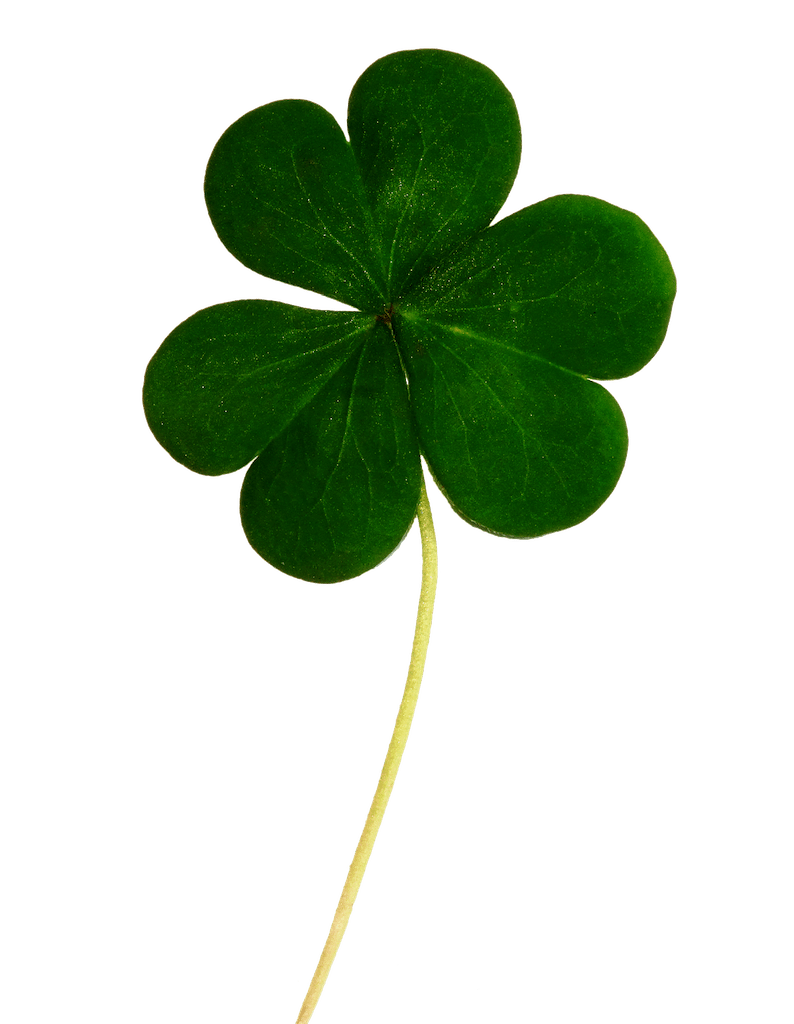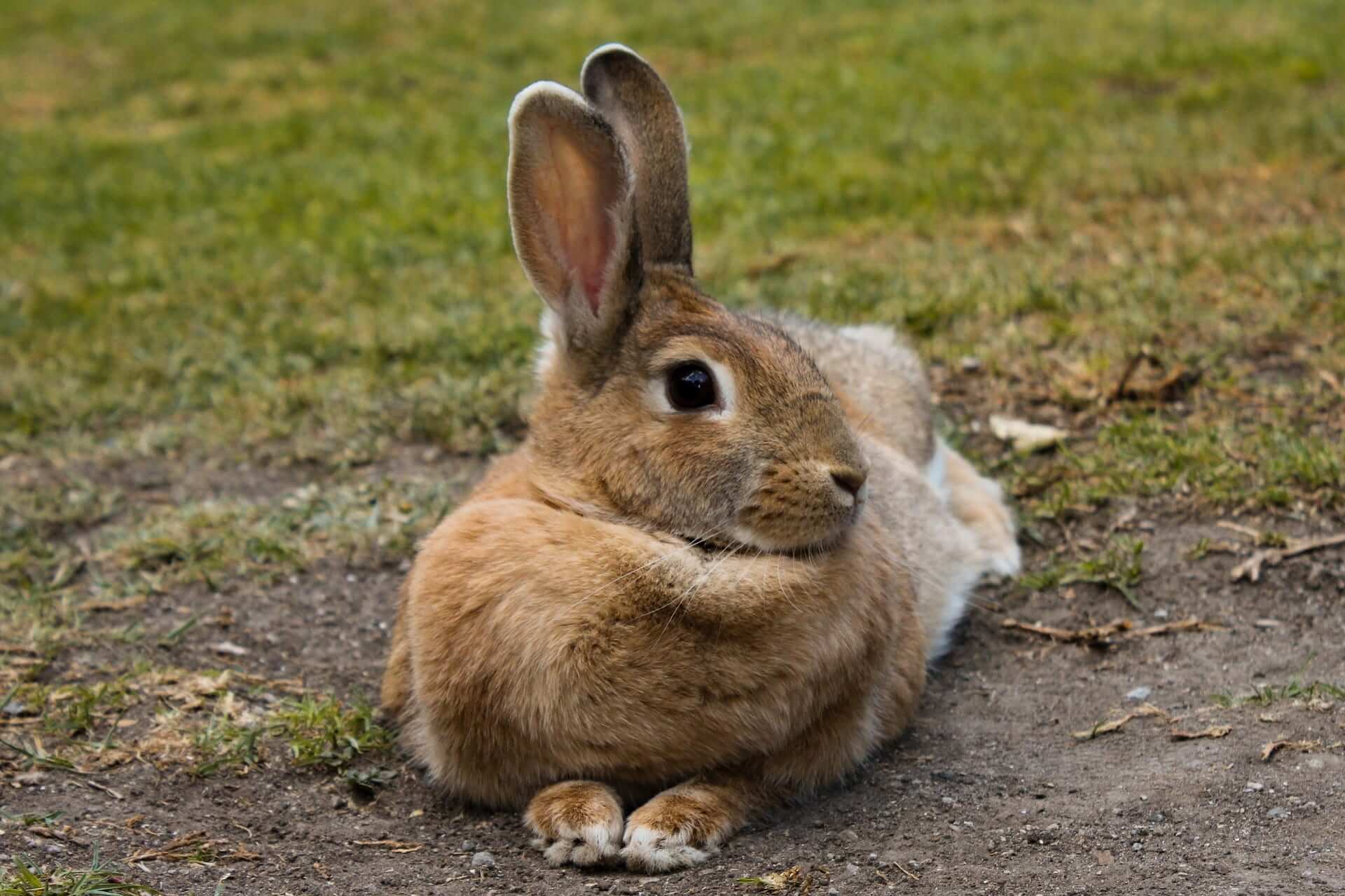Tag: Fiona Clarke ’23
Location, Location, Location
by The Cowl Editor on September 16, 2021
Creative Non-Fiction

by Fiona Clarke ’23
I hesitate to claim outright that there are questions that are just bad (read: bizarre, intrusive, or just stupid) no matter the asker or of whom they are asked and no matter the time nor the place. Doctors, priests, and old people in general have a fair amount of elbow room in this area. So I’ll soften it just a bit. There are some questions that should not be asked of some people by some other people at some times in some places. An example of this would be: I am in the library (God forbid) and Bill Clinton comes up to me and asks: “How often do you floss?” Every single ingredient of this scenario clashes terribly with every other ingredient. Let’s break this down, shall we?
Person asking the question: Bill Clinton. That’s all. If he were to speak with the tongue of an angel, he would still be Bill Clinton. If he had the gift of prophecies and comprehended all mysteries and knowledge, and had faith to move all the mountains, he would still be Bill Clinton. Note: I am not suggesting that Bill Clinton is a lost cause. I submit only that he will forever remain inescapably Bill Clinton. Take that as you will. It’s a Bill wind blows nobody good…
Person being asked the question: Me. It’s not that I find the topic a sensitive one—no more sensitive than my gums, at any rate, or for that matter, my hips, for in response to the call of my inner dentist and dancer, I floss daily. I do prefer to keep personal details, and my teeth, where my mouth is, but outside the vinyl confines of the dental couch, this question would immediately make any reasonable person think that her choppers were about to be scavenged for a necklace.
Place in which the question is asked: I am never at my best in the library. I feel spiritually desolated, psychologically confused, physically cold and clammy, and emotionally plain old cranky. When I am in the library, even if I am not in the pit, I am in the pits.
There are also some questions that can and should be asked of some people by some other people, but that are equally important to be asked of some people by themselves—the unexamined life makes Jack a dull boy. These are the questions that you can’t answer without bottoming out on a mental speed bump. If you hit that speed bump, you’d better tuck that question under your arm when you get out of the 22 car and give it a real good going-over.
For my part, the question “Where are you from?” is one of these. It can most commonly be translated as “Where is your legal residence?” to which I can currently reply, with gritted teeth, “Massachusetts.” But the way I hear it, the question “Where are you from?” has an existential ring to it, and I’m not sure how to translate it. As of this writing, the closest I can get is somewhere between “Where is your home?” and “What’s your place of origin?” I’m reminded of a bit in Wallace Stegner’s novel Big Rock Candy Mountain. I don’t have the book on hand and so can’t quote it verbatim, but in this bit the guy Bruce contemplates something along these lines: If home’s not the place you hang your hat, and it’s not the place you were born, and it’s not the place your parents are from, nor where your family lives, then where on earth is it? And, if “Where are you from?” translates to “What’s your place of origin?” then how can one’s origin change? You can’t have more than one origin, so how can it be Mississippi one year and Michigan the next?
Like Bruce, I have little connection to my own birthplace, or to my parents’ birthplace, or to the place where my family lives. What connection there is actually my connection to my family. What I’m thinking of here is a PLACE of origin, the WHERE that I am actually from. Maybe there isn’t such a place, geographically speaking, or maybe this isn’t really an existential question, the age-old “Where am I from and where am I going?” After all, it’s not about where you’re from, it’s where you’re going, right? Wrong. How can you get anywhere without knowing your own starting point? Wait—maybe it’s not about the destination, maybe it’s just about the journey.
Wrong. A journey has a destination, or it’s just wandering, loafing around in the cosmos like it’s a Walmart. I may not be sure where I’m from or where I’m going, but I’m definitely not going to Walmart.
Sniff Anything
by Elizabeth McGinn on April 22, 2021
Creative Non-Fiction

by Fiona ’23
The next time someone asks me what I do for fun, I’m going to say that I keep an olfactory scrapbook. My hope is to put an end to that line of questioning right then and there, and slink away in a cloud of enigma, but in the event that my dogged interrogator pursues the line of questioning, I’ll explain that in the same way some people collect stamps, I collect smells. I think that’ll be sufficient to end the conversation. Nobody likes a sniffer.
We’re all sniffers, though. We all keep olfactory scrapbooks. There’s actually a name for the way that smells evoke memories—it’s called the Proust phenomenon, after French author Marcel Proust and his madeleines. In layman’s terms, the phenomenon could loosely be explained thus: if the way to a man’s heart is through his stomach, the way to a man’s memory is through his nose. So I’m not crazy; my nose has just caught the whiffs of literary giants. Think about it: you smell lavender, and you think Grandma and her lavender perfume. I smell lavender, and I think a doll named Samantha, and then I’m ricocheted back to 2008, when I had bangs and was firmly convinced that I was going to meet an untimely end at the hands of gorillas. (If some psychoanalyst is reading this and has any idea why my worst fear is the common or garden gorilla, I’d love to have a chat. I am a twenty-year-old American woman, and if I have ever met a gorilla in person, I have completely repressed that memory.)
I like thinking about this. I like to think that someday I’ll run into someone wearing a particular sort of cologne, and then all of a sudden, I’ll have a picture in my head of my mom in a black dress putting on that same cologne, with my dad suited and tied and twiddling his thumbs by the door. I like to think that if someone were able to bottle up the smell of the hallway in my dorm and gave it to me in twenty years, I’d immediately recognize that strange cocktail of bleach, marijuana, cigarette smoke, floral air fresheners that smell like no flowers God ever made, and the indescribable pong of Old Building. It’s not bad, exactly, but it wouldn’t sell as a Yankee Candle. Well, maybe it would. Yankee Candles sells a “Mango Peach Salsa” candle, so who knows? Maybe “Aquinas Aroma” wouldn’t do so badly after all.
Lest I look too much on the upside, let’s turn to the obvious downside to the Proust phenomenon. Life doesn’t all smell like roses and vanilla extract. It also smells like 36 inexplicably pungent ounces of weak gas station coffee, spilled on the back seat of a 12-seater van already drenched in its signature scent. It smells like four kids’ sweat-soaked soccer jerseys. It smells like Michigan farmland. It smells like paint in a room without windows or doors. The “Aquinas Aroma” isn’t so fun to be steeped in day in and day out, and I don’t like to think that I may never be able to smell plain old cigarette smoke without twinging recollections of an old friend’s nicotine habit. But if I can think of my sister at the age of five every time that I unwrap a cherry cough drop, I think that’s worth the trade-in. So I’m going to go get a lungful of something.
St. Patrick’s Day Straitjacket
by Elizabeth McGinn on March 18, 2021
Creative Non-Fiction

by Fiona Clarke ’23
It’s almost that time of year when I can’t tell whether I’m embarrassed or sunburned. Every year, I think, “I won’t get sunburned, it’s too cold, or cloudy, or I’ll only be outside a few minutes,” and every year, I find out the hard way that no, I can’t stand outside for ten minutes without getting what Gordon Ramsey might call “a beautiful sear” all over. Well, I guess it’ll be appropriate to mark St. Patrick’s Day with a peeling forehead. (I imagine my ancestors will smile down upon me—eternal rest granted unto them, O Lord, and let perpetual light shine upon them and not scorch them).
I’ll probably be spending St. Patrick’s Day in some kind of straitjacket, because if I were to hear that (expletive) song “Kiss Me, I’m Irish,” well, I don’t know what I’d do, but it wouldn’t be pretty. I don’t mean to be harsh—hold on, what am I saying? Of course I do: Unless you really want a reminder that your blood is in fact red, not green, then keep that song the hell away from me. My blood is boiling just thinking about it.
In case it wasn’t clear, I have mixed feelings about St. Patrick’s Day. I like it in and of itself, in fact I love it, but my spine curls around itself like an old phone cord at an overabundance of green glitter, and there are few things I hate more than the cutesification of alcoholism. And that goes for you, “Kiss Me, I’m Irish”—I am here picturing myself in the righteous rage of George Bailey rising up to denounce Mr. Potter and all his flunkies, but they have all painted themselves Kelly green and are wearing a sparkly green top hat that’s just begging to be knocked off.
Why the long face? you say. Why such rage? you say.
First of all, three of the lines from the chorus of this benighted song are pilfered from other Irish songs, good songs. I can and will name these songs: “I am the wild rover” is from “The Wild Rover,” best done by The Dubliners. “My eyes, they are smiling” is a reference to “When Irish Eyes are Smiling;” Bing Crosby’s version is the classic. “I’m seldom sober” is from “Carrickfergus,” best done, without question, by The Chieftains & Van Morrison. Now I’d consider the use of any line from “Carrickfergus” a grave offense, because it is a great song, and as far as I’m concerned “Kiss Me, I’m Irish” is so far removed from the realm of ‘good songs’ as to be practically dancing the macarena on sacred ground. But the use of that particular line, “I’m seldom sober,” just beats all. The line works in “Carrickfergus” because “Carrickfergus” is a sad song, the “sad reflections” of a dying man, and being in a continual state of intoxication is a sad thing. But in “Kiss Me, I’m Irish,” it tries to turn something sad and bleak—alcoholism—into something fun and zany, an attribute of someone you’d want to party with. It just doesn’t work, because it reeks of untruth.
The other four lines of the chorus are half-assed collages of terms that will together conjure hackneyed images of Ireland, such as “whiskey” and “dancing” and “luck.” It’s likely that the writers of “Kiss Me, I’m Irish” had no intention to write a great Irish anthem, that they intended the song to be to Irish music and culture what pancake syrup is to maple syrup—that is, a tasteless, sticky mockery of something good. I suppose the counterargument is that that’s exactly what makes it good, that it does what it was intended to do, but I’ll be damned if I start believing that art’s value lies solely in the intentions of the artist. (No, I don’t know what the intentions were of the particular artists behind “Kiss Me, I’m Irish,” and no, I don’t really care either.)
By the time this issue is published, the day in question will have passed, and I hope you haven’t gotten any emails from Public Safety alerting you of brawls between drunk leprechauns and unidentified female students with brown hair, approximately 5’4 (fine, 5’3 and a half). I hope I made it through the day without getting into any brawls with leprechauns. But if I did, I sure hope I won. I probably did.
In Memoriam: Brownie
by Elizabeth McGinn on February 25, 2021
Portfolio

by Fiona Clarke ’23
When someone says, “My dog died,” there’s a certain somber ring to it. It’s a few shades less solemn than “My grandpa died.” But unless you’re Jimmy Stewart in Harvey (1950)—whose best friend is a 6’ 3.5” white rabbit, invisible to everyone else—then, well, man’s best friend is rarely a rabbit. It’s the same thing with ferrets, I imagine, and no one’s face falls in the same way when you say, “My gerbil died.” From me, at least, you’d get a better reaction if you said, “The battery in my Woody the cowboy doll died,” because when Woody’s batteries run low, he sounds like he’s been possessed by a malevolent demon. Now, if you said, “My capybara died,” well, a capybara sounds like a plant, or maybe it’s what you call your grandmother, and with that much room for interpretation, there’s really no telling what reaction you’ll get.
When my brother was 13, he had a pet mollusk that he named Moby. Moby—“lived” just doesn’t seem the right word, partly since I’m not sure he was even alive, and even if he had been, I don’t know if you can call existence in a mozzarella tub “living”—at any rate, Moby remained with an indeterminate amount of vitality in a mozzarella tub for two months. Then he began to wilt (if a mollusk could wilt—he was already pretty limp). Then he began to smell. My brother, whose nasal powers are insignificant (unlike his nose, which, like mine, might be more aptly entitled, in the Yiddish, a “schnozz”), remained in denial about Moby’s declining health (if mollusks at any point possess health). Eventually, a foot, attached to a parent with a keener nose, came down firmly, and Moby was laid to rest in the river near our house.
Unsurprisingly, Moby was no more touching in death than he had been in life (or whatever would be the most apt term for the time in which his unsegmented body was housed in the mozzarella tub). In this, as in most categories, rabbits have the upper hand, and not just because they have appendages that at least loosely resemble hands, unlike mollusks, which don’t have any limbs. Rabbits are lovable little buggers, and, well, not to put too fine a point on it, mollusks are lumps of cold, wet flesh. If I explained to a stranger why I was crying, I think that it’s more likely the reaction would be one of sympathy if I were to gulp out, “My rabbit died,” as opposed to “My mollusk died” (or, if I were being honest, “My mollusk was disposed of”)—to which that stranger would probably try speaking Russian to me, hoping they’d misheard, or maybe beat a nervous retreat.
When I found out, a few weeks ago, that my rabbit died, I was at my desk job. My mom and I were sobbing to each other on the phone, and my snorts and snivels were echoing throughout the art gallery, at the moment that the only gallery visitors of the day chose to wander in. Mutually embarrassed by such an unseemly display, the visitors and I hastily and idiotically apologized to each other, and I turned my attention back to my mother’s description of my dad digging the grave with grim determination, knee-deep in the frozen ground.
This wasn’t just any rabbit. I had Brownie for nearly fourteen years, since, to be precise, November 4, 2007. At the tender age of seven, my petitions for a pet rabbit were answered. Brownie was a normal-sized rabbit, neither small nor large, with mottled brown and black fur so soft you almost couldn’t feel it. My mom built him a cage out of chicken wire, which in retrospect, I hope didn’t trigger any kind of identity crisis. We gave him a towel—which he chewed to shreds. As much as that sounds like it could be in a mopey love song, maybe a duet version of Taylor Swift’s “Back to December” (“You gave me roses, and I left them there to die” / “I gave you towels, and you chewed them all to shreds”), I don’t say that in reproach. I just hope he enjoyed it.
Brownie lived a long, rich life. He was well-educated; I used to hunker down by his cage and read aloud to him. He was well-fed; I used to give him parsley. He was well-traveled. When my family moved from Michigan to Washington in 2011, Brownie rattled around in the back of the station wagon—and then was rudely relocated to the back of the 12-seat once the station wagon gave up the ghost on the side of a road in Montana. When we moved from Washington to Massachusetts a few years after that, he was no longer the sole beast in the bus—he had to share his carriage, like a character in a Jane Austen novel trapped with an unwelcome suitor. The suitor in that case was the cat, or rather the two cats, who were very loudly enraged at being thwarted in following their killer instincts. The cats have outlived Brownie, much to the chagrin of my dad—who I think preferred Brownie because he was silent and didn’t get under his feet.
It’s funny that Brownie isn’t there. I don’t remember ever really thinking about him not being there. I think it’ll be strange, the next time I go home, that he’s not there. I think I believed he would live forever. I’m glad he was around as long as he was, especially for this reason: My two-year-old niece has an etymologically inexplicable name for rabbits, the very Germanic-sounding “P. Heiss.” The “P” is her pronunciation of “pink,” and she does have a pink stuffed rabbit, but the origin of “Heiss” is known only to her—and we’re not even German. When her dad, my brother (not the erstwhile mollusk-owner), heard about Brownie, he gave me a crumb of comfort: “Siobhan will miss him.” I’m glad that P. Heiss was around long enough to be a highlight of my niece’s day.
